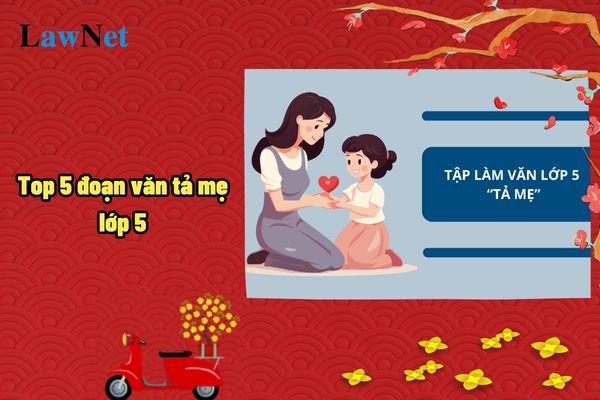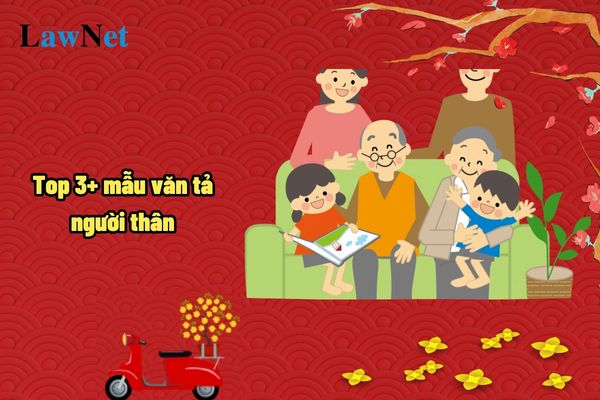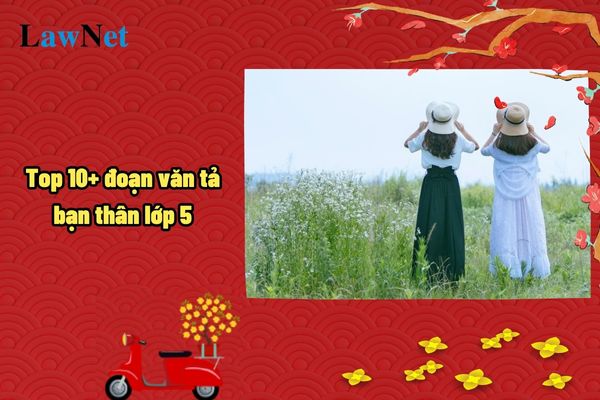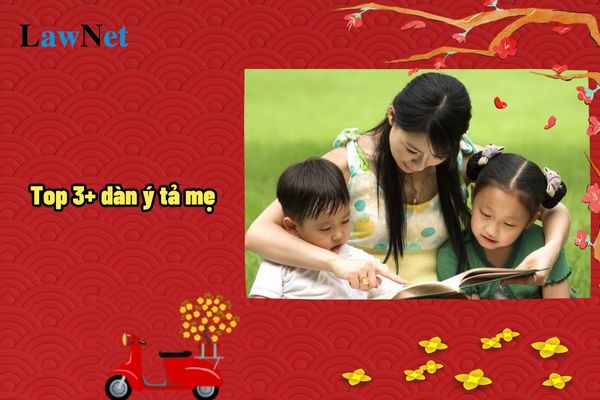What are the guidelines for writing paragraphs showing opinions on a social phenomenon? What is the regulatory age for secondary school students in Vietnam?
What are the guidelines for writing paragraphs showing opinions on a social phenomenon?
Students may refer to the following guidelines for writing paragraphs showing opinions on a social phenomenon:
|
Guidelines for writing paragraphs showing opinions on a social phenomenon
|
*Note: The information is for reference only./.

What are the guidelines for writing paragraphs showing opinions on a social phenomenon? What is the regulatory age for secondary school students in Vietnam? (Image from the Internet)
What is the regulatory age for secondary school students in Vietnam?
Under Article 33 of the Charter for Lower Secondary Schools, Upper Secondary Schools, and Multi-Level Schools issued with Circular 32/2020/TT-BGDDT:
Secondary school age
1. Children shall start the sixth grade at the age of 11 and the tenth grade at the age of 15. For students skipping a grade or over-age students, the sixth grade and tenth grade starting ages shall be adjusted based on the age at which these students graduate from the previous education level.
2. For ethnic minority students, students with disabilities, disadvantaged students and students returning to Vietnam from abroad, maximum secondary school starting age shall be 03 years older than the compulsory starting age.
3. At an education level, students may not repeat a grade more than 03 times.
4. Students with good physical capacity and early intelligence development may enter the sixth or tenth grade before the compulsory starting age or skip to the next grade within the same education level. Consideration shall be given on a case-by-case basis and in accordance with the following procedures:
a) The student’s parent or guardian submits an application to the school.
b) The school principal establishes a survey and advisory council with the following main members: representatives of school leaders and parent committee of the school; and teachers teaching the student's class.
c) The school principal considers and makes a decision based on the result of the survey conducted by the survey and advisory council.
...
Thus, under the above-stated regulations, the regulatory age for lower secondary school students is 11 to 14 (from grade 6 to 9).
Are secondary school students with average training results in Vietnam eligible for grade advancement?
Under Article 12 of Circular 22/2021/TT-BGDDT on grade advancement, re-assessment during summer break, and grade retention:
Grade advancement, re-assessment during summer break, and grade retention
1. A student who meets following eligibility may advance to the next grade or be recognized as to have completed lower education program or upper education program:
a) Training results of the entire school year (including re-assessment results after training during summer break according to Article 13 hereof) are Qualified or higher.
b) Learning results of the entire school year (including re-assessment results of all subjects according to Article 14 hereof) is Qualified or higher.
c) Number of days leave does not exceed 45 half-days (calculated according to education plans which is 1 half-day for every day under formal education plan, including permitted leave, unpermitted leave, continuous leave, and intermittent leave).
2. In case a student must undergo training during summer break, comply with Article 13 hereof; students must attend re-examination or re-assessment of subjects during summer break as per Article 14 hereof.
3. A student who does not meet all eligibility under Clause 1 of this Article are not allowed to advance to the next grade or recognized as to have completed lower secondary education level or upper secondary education level.
4. For students with disabilities: Principals shall rely on assessment results of students with disabilities as per Article 11 hereof to consider grade advancement or recognition of completion of lower secondary education level or upper secondary education level.
Under the above regulations, a student who meets the following eligibility may advance to the next grade or be recognized as having completed a lower education program:
1) Training results of the entire school year (including re-assessment results after training during summer break according to Article 13 of Circular 22/2021/TT-BGDDT) are Qualified or higher.
2) Learning results of the entire school year (including re-assessment results of all subjects according to Article 14 of Circular 22/2021/TT-BGDDT) are Qualified or higher.
3) Number of days leave does not exceed 45 half-days (calculated according to education plans which is 1 half-day for every day under formal education plan, including permitted leave, unpermitted leave, continuous leave, and intermittent leave).
Thus, according to the regulations, a secondary school student who has Qualified training results and complies with the other conditions will be eligible for grade advancement.










- What are the 05+ high-scoring sample descriptive essays on neighbors? When are 5th-grade students in Vietnam eligible to receive certificates of achievement
- What are the 05 sample descriptive essays on autumn? Does the 5th-grade Vietnamese language curriculum help students nurture the soul, form personality, and develop individuality?
- What are the sample paragraphs from 4 to 5 sentences about a daily activity of your teachers? Under current regulations, is it allowed to provide extra classes for the 3rd-grade Vietnamese language subject?
- What are the 03+ sample paragraphs from 4 to 5 sentences about your teacher for 2nd-grade students in Vietnam? What are the 03 2nd-grade Vietnamese language textbooks according to Decision 709?
- What are the 10+ exercises on compound sentences with answers for 5th-grade students in Vietnam? Must the 5th-grade education program in Vietnam ensure inheritability?
- What are the sample paragraphs from 3 to 5 sentences about the sky today under the 3rd-grade Vietnamese language curriculum? How many lessons do writing skills in the 3rd-grade Vietnamese language curriculum constitute?
- What is the date in the Gregorian calendar corresponding to the 6th day of the Lunar New Year 2025? What is the learning time for the career-oriented education phase in Vietnam?
- What are the 02 sample descriptive essays on fruit trees for 4th-grade students in Vietnam? What are the assessment criteria for 4th-grade students in Vietnam?
- What are the 03 sample descriptive essays on a dog for 4th-grade students in Vietnam? What are the required outcomes regarding literary knowledge in the 4th-grade Vietnamese language curriculum?
- What are the 04 groups of entities eligible for financing for studying costs in Vietnam under Decree 81/2021?

